No. 116 - ABC’s “Overture” changed my life
In the 1980s, Terri C. Smith’s algebra/aerobics teacher — and this orchestral song — planted the seeds of mind-body integration
This Song Changed My Life is an independent music publication featuring weekly essays from people all around the world about the songs that mean the most to them. Created (and illustrated) by Grace Lilly.
Enjoying the series? Support here to keep the good stuff coming 😊
• 5 min read •
I entered high school in 1982, one year after MTV launched and the year the band ABC released their album The Lexicon of Love. My family lived in a middle-class suburb in Nashville, Tennessee. As teens, my sister, Brandi, and I must have negotiated some leniency in our father’s “no posters” rule, because I remember my excitement when I tacked up MTV’s first-birthday poster. Nashville only had cable television for one year when MTV launched, and its 24/7 stream of music videos was unprecedented and formative.
Like so many adolescents, the bedroom decor our parents curated — which included white and beige 1970s bamboo-patterned wallpaper — began to awkwardly combine with items that reflected our interests. In 1982, my interests largely centered around the post-punk/new wave bands I saw on MTV. Many of them were stylish and attractive, and their origins ranged from art schools (e.g., Talking Heads) to post-industrial towns that were in recession and offered few prospects, much like ABC’s Sheffield, England.
I was a relatively tame fifteen-year-old, but I’m also a Leo and, especially in my youth, had a flair for the dramatic along with some difficulty regulating my emotions. My mother would, chuckling, remind me of how in junior high I would get upset, go into my room, holler a bit, stomp around, and throw a brush or something. Eventually, I would pop back out as though nothing happened — I would get it out of my system and return to homeostasis.
Learning to be embodied wasn’t really discussed in the early eighties. But in 1982, two seeds were planted that helped me learn to better ground myself. The first was an aerobics class with Ms. Gray, a brilliant algebra teacher at our all-girls Catholic high school. Jane Fonda’s exercise book was published the year prior and her VHS had just come out, but aerobics classes weren’t ubiquitous yet. Ms. Gray was a feminist — first one I had met — and was the first person to teach me the benefits of building physical strength and tuning into one’s body.
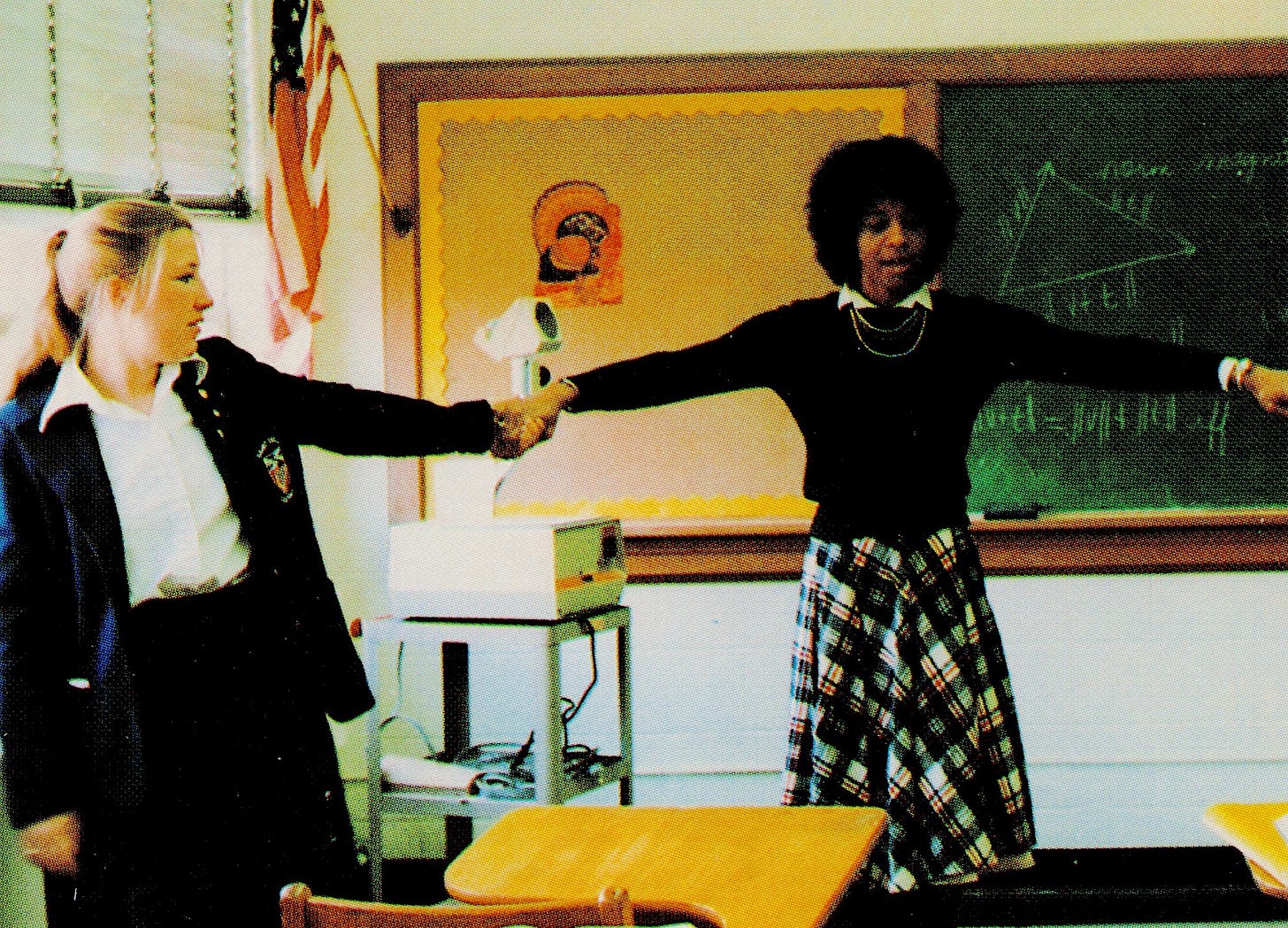
“Overture” by ABC had a similar influence in helping me understand how to better integrate mind and body. I owned The Lexicon of Love on vinyl, but “Overture” was only on the deluxe edition. When ABC released the 12-inch single of “All Of My Heart,” I bought it, and “Overture” was the B-side — an orchestral arrangement of “All Of My Heart” with spoken word excerpts from “The Look of Love.” Strings are a supporting character throughout Lexicon. In 2013, ABC co-founder and lead vocalist Martin Fry shared why, “Disco was a dirty word by 1982. But I loved the strings on Chic records, and the whole soundscape of Earth, Wind & Fire. Fusing that with the likes of the Cure and Joy Division was what we were after.” With “Overture,” however, string arrangements take the lead, dynamically shifting from sweeping to menacing, ethereal to suspenseful.
Listening repeatedly to “Overture,” I noticed that mind, body, and music — elements I saw as siloed — began working in tandem. My body calmed, and I found myself more intentionally “conducting” my own internal states. Science in the aggregate supports this, finding that our bodies “physically resonate” with music and our internal neural activity actually synchronizes with music as we listen to it.
“Overture” was the first orchestral piece I had deeply listened to. I would close my eyes and choreograph imaginary dance moves in my mind. Violin sounds became the twirls of ballerinas, a figure ambling up a breezy hillside, or bees buzzing. The cello registered as moody and watery, undulating ocean waves in the night or a film noir score. I inhabited the song, an aural topography that was simultaneously unpredictable and familiar. Neuroscientists like Daniel Levitin have shared that this “balance of predictability and surprise” creates a positive state of not knowing that boosts dopamine, a chemical messenger that is part of the brain’s reward system. It is also released during physical exercise.
Importantly, “Overture” was produced by Trevor Horn with string arrangements by Anne Dudley. In his text about Lexicon, music journalist Ian Peel writes that after hearing ABC’s first version of “Poison Arrow,” Horn encouraged the band to “break the entire group’s sound down to single notes, sample each and every one — every drum hit and every guitar chord — then sequence and stitch them back together… Horn then fleshed out the sound, bringing in a full orchestra.” By examining the individual sounds, they could then be recombined in a more integrous, intentional manner. It’s not surprising that Horn’s suggestion landed with Fry, who said in 1982, “I mean a record going to number one is a fantastic feeling, but it doesn’t end there. Integrity just comes from yourself. I’d like our music to make people feel good again, refreshed.”
Horn’s request that ABC dismantle and recombine “Poison Arrow” arguably boosted the integrity of The Lexicon of Love. And I see parallels between Horn’s production techniques and how Ms. Gray ended our exercise classes, guiding us to mindfully scan our bodies piece-by-piece — first the feet, then the ankles, then the shins, and so on, moving up the chain (similar to savasana in yoga). While our cooldown didn’t include a literal stitching back together like Lexicon’s songs, I believe Ms. Gray, similar to Horn, understood that by examining the self incrementally and in detail, her students could better integrate mind and body, making us more grounded as we navigated our outside environments in 1982 and the years to come. ◆
About Terri
Terri C. Smith is a curator, writer, and professor who has developed innovative, critically recognized contemporary art programs in the U.S., foregrounding sociopolitical themes and conceptual art practices. She still loves to exercise, including resistance training and running.
Instagram @tcamillesmith
⭐ Recommended by
Tracy McKenna (No. 080)
Every TSCML writer is asked to recommend a future contributor, creating a never-ending, underlying web of interconnectivity 🕸️
🔒 Unlock this post with a paid subscription
Diary 💗 10 Influential women drummers
A brief and fun history of women who drum. Read→
This Song Changed My Life is open to submissions. For consideration, please fill out this simple form.
If you enjoyed this post, “like” it & leave a comment 🧡
Categories
Friendship • Family • Coming of Age • Romance • Grief • Spirituality & Religion • Personal Development
Recommended



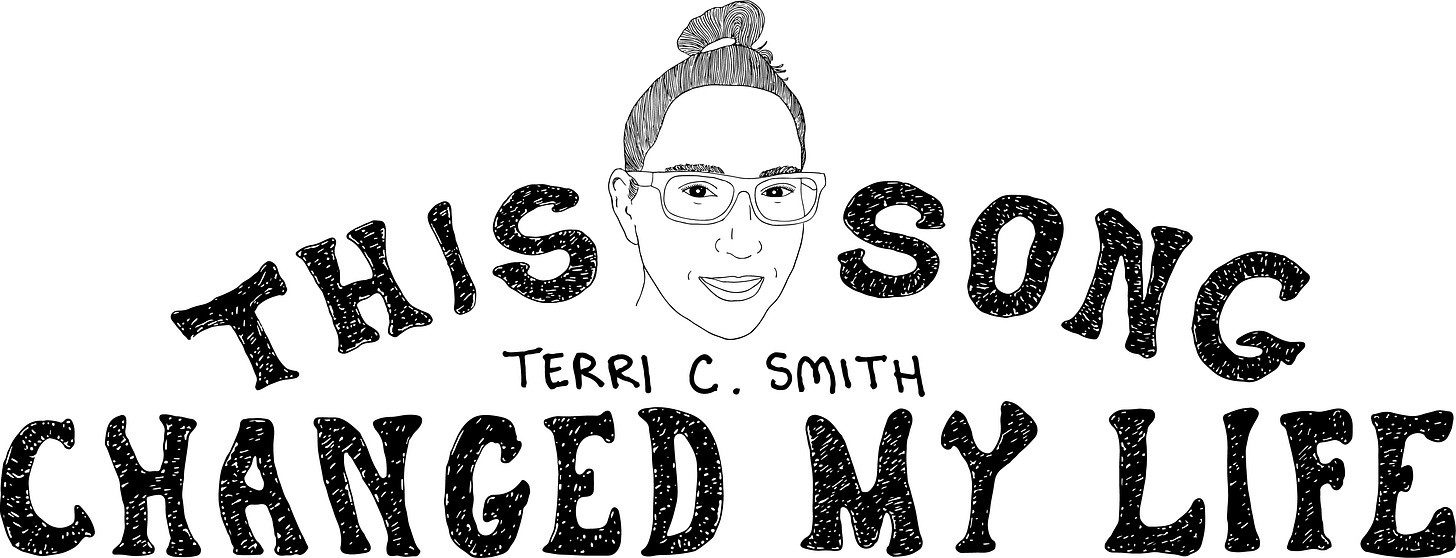
![ABC – All Of My Heart – Vinyl (7", 45 RPM + 2 more), 1982 [r3091784] | Discogs ABC – All Of My Heart – Vinyl (7", 45 RPM + 2 more), 1982 [r3091784] | Discogs](https://substackcdn.com/image/fetch/$s_!PV7Q!,w_1456,c_limit,f_auto,q_auto:good,fl_progressive:steep/https%3A%2F%2Fsubstack-post-media.s3.amazonaws.com%2Fpublic%2Fimages%2Fde66f8fc-f0ce-43aa-95e9-316c42eba710_600x600.jpeg)

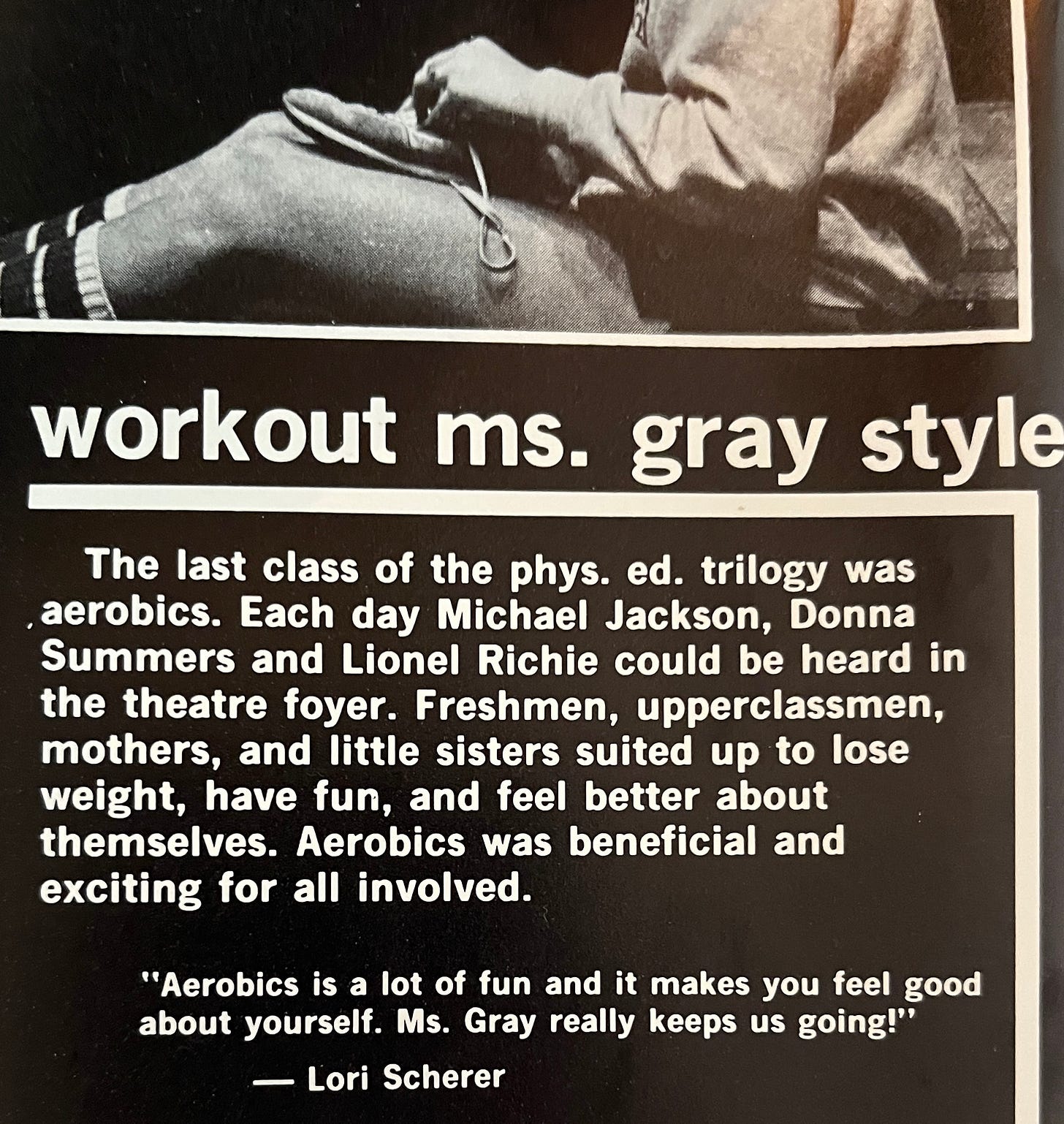

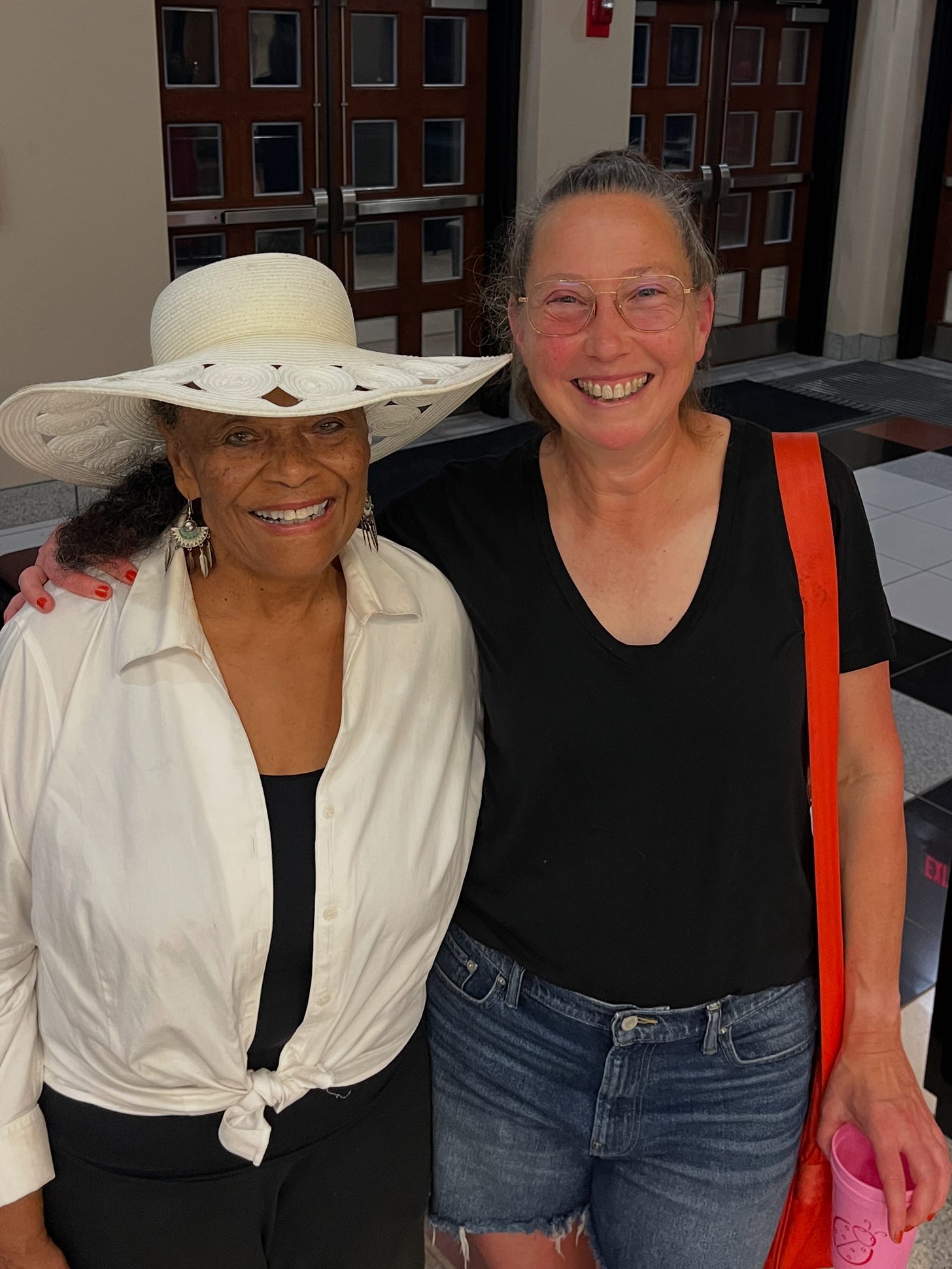
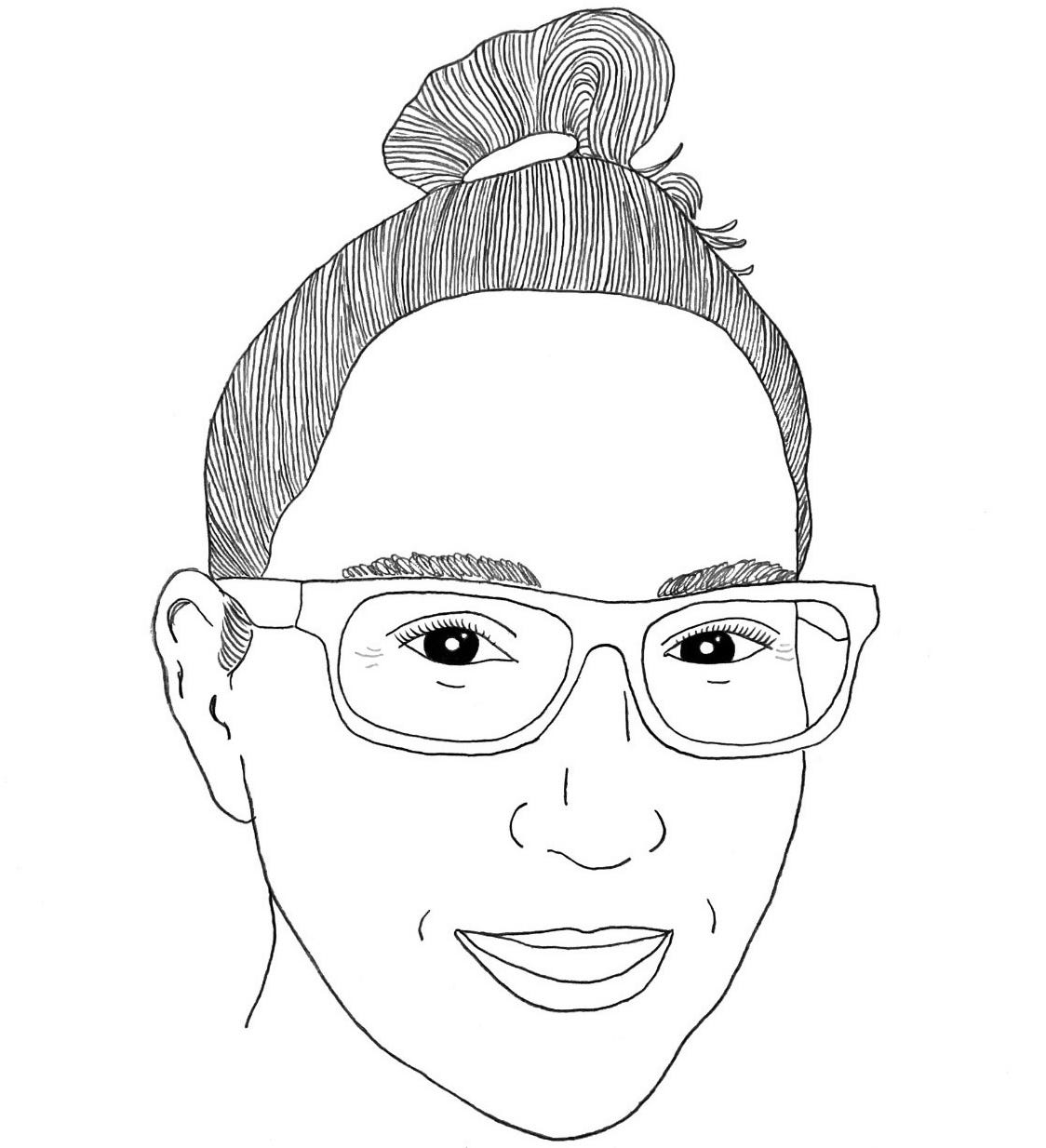
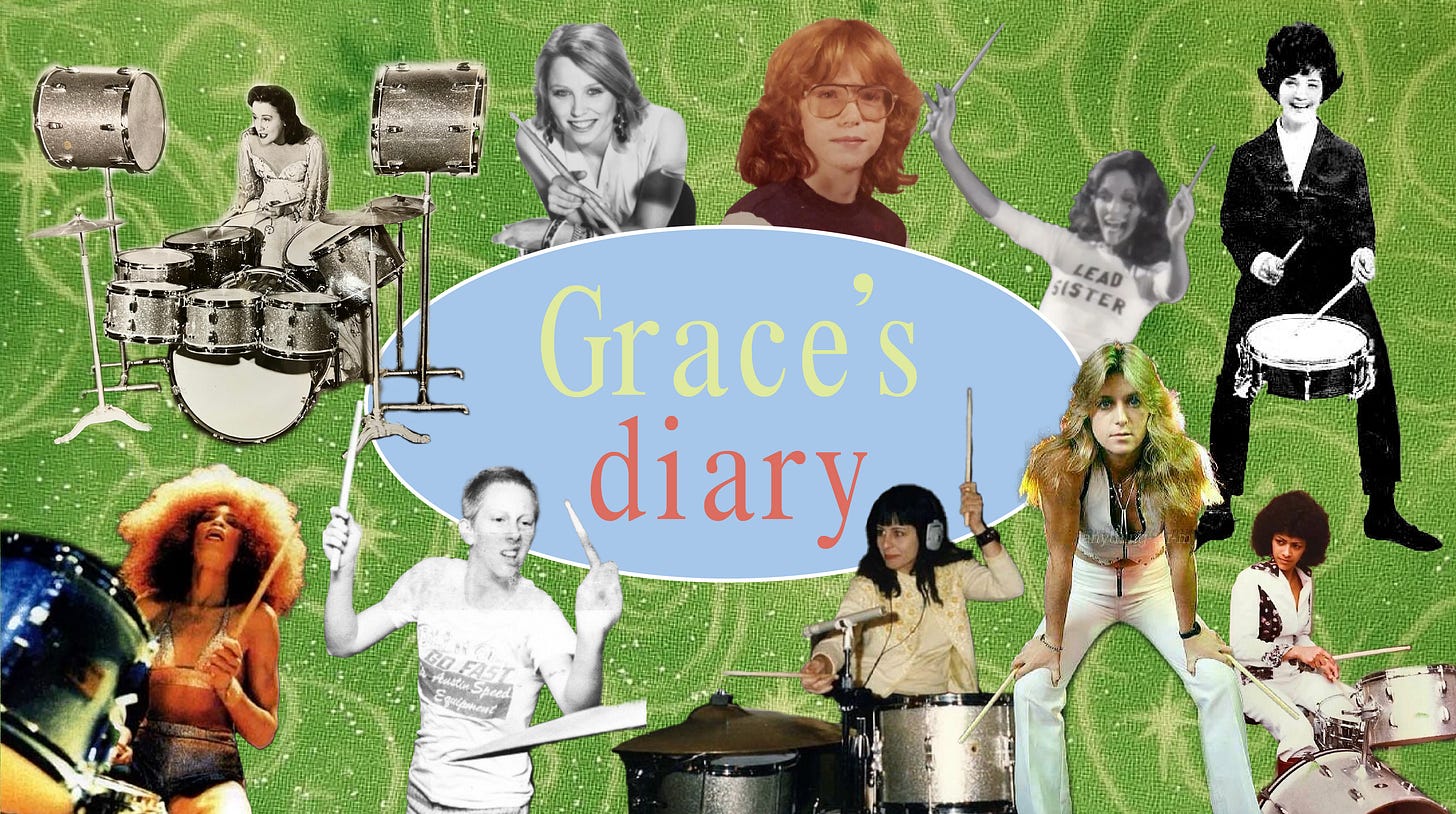
Had never heard this song before today. What a freakin' joy to hear it for the first time. Thanks for sharing